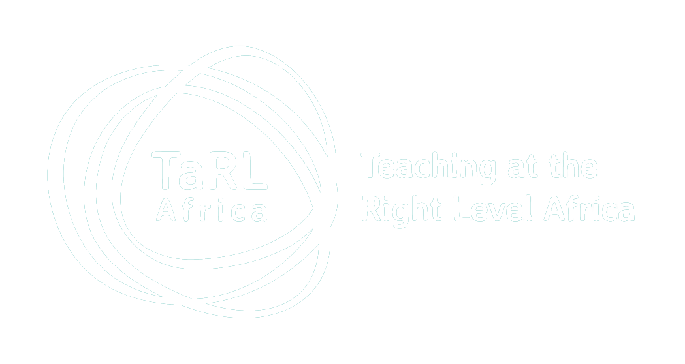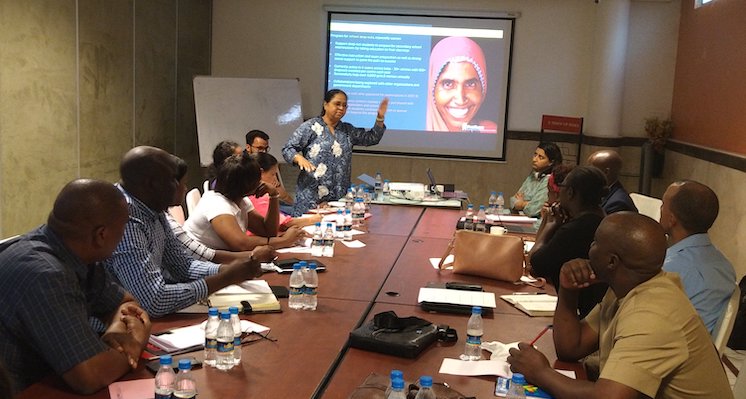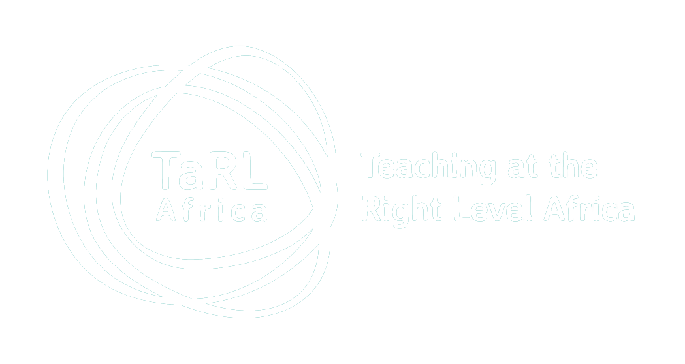From 6 to 11 May, members of the Catch Up team from Zambia visited India to meet Pratham staff, see TaRL classes in action, and meet school and government staff working on TaRL programmes. The Catch Up team reflects on the visit.
1. What were the objectives of your trip to India?
Since 2017, VVOB and J-PAL Africa have been supporting the Government of Zambia to implement the Catch Up programme, Zambia’s Teaching at the Right Level (TaRL) programme. As we embark on the third year of implementation, the team wanted to reflect on the challenges encountered and learn about best practices for scale, embedding the programme in government systems, and sustainability, while ensuring that all children master foundational skills. It is in this context that both organisations planned a learning visit to India to understand how Pratham tackled some of the challenges we are currently facing and how to ensure we provide the best support to the Ministry of Education to improve learning outcomes in Zambia.
14 VVOB and J-PAL Africa staff members, including District Coordinators, Education Advisors, and Management attended the learning journey. Before the visit, we discussed our expectations and wrote our key questions to help guide our conversation with Pratham and other TaRL stakeholders. Our key questions focused on sustainability, scale, monitoring, content and government partnerships.
2. What were some of the most striking things you noticed about TaRL in India?
At the end of each day, as a team, we reflected on the key lessons learned and what they mean for Catch Up in Zambia. The most striking things shared during these reflection meetings were the following:
- Pratham and the Government of India work hand in hand, as equal partners in states where they are jointly implementing the programme.
- There is a strong commitment from teachers, mentors and all stakeholders involved in the implementation of the TaRL methodology.
- There is clear ownership of the TaRL methodology by the government and it is embedded in their structures.
Data is shared across the board and all stakeholders understand the importance of assessment and data collection and the use of technology to collect data.
Overall, the entire team learned how we might overcome some of the challenges we are currently facing in the implementation of the programme in Zambia.
3. What are some of the lessons you will take to your work in Zambia?
Upon our return to Lusaka, each team made a presentation on lessons learned and way forward to integrate some of these lessons into our work. We then drafted an action plan articulated around six goal areas: government partnership, scale and sustainability, methodology, implementation and monitoring. In each goal area we have identified priority activities that need to be implemented by each team and have incorporated these into our six-month activity plan.
Key lessons include:
- The need to identify and create programme champions at each level of Catch Up implementation;
- Provide recommendations to the Ministry to simplify lessons plans and rethink about learner progression in numeracy;
- Review some of our monitoring tools and increase our efforts around government capacity building.
4. Were there any quotes, ideas, or people from your time in India that stood out to you?
When we met with the Director of Basic Education in the state of Uttar Pradesh, we asked him how he keeps his staff motivated to implement the programme. He responded:
“There are hundred-thousand teachers involved in the programme in my state and of course people are sometimes not motivated. However, when we share the assessment data with them and they see that children are progressing and their skills are improved it motivates them to continue implementing the programme. Seeing learners progressing and learning outcomes improved should be the biggest motivation for teachers.”
Furthermore, when asked if the government will be able to sustain the programme on their own, here is what he said:
“I have some brilliant minds around me, teachers and trainers who understand the methodology and solid structures that can sustain the programme are in place. I am confident that the programme should be able to run with limited support when competent people and the right structures are in place. I see that teachers own the programme and understand that it is an on-going programme and it is not something that is going to be replaced anytime soon.”
In addition to the explanations shared by the Director of Basic Education, we met very dedicated teachers, mentors and other district level support staff who do not hesitate to spend their own resources, travel hundreds of miles and invest additional time to ensure that children acquire foundational skills. Seeing this level of dedication was very inspiring for all of us.


